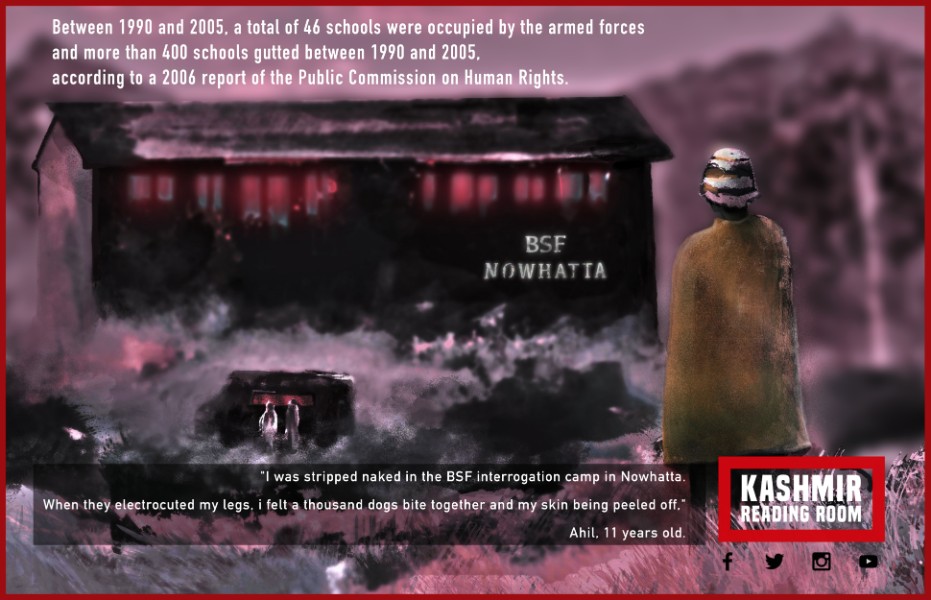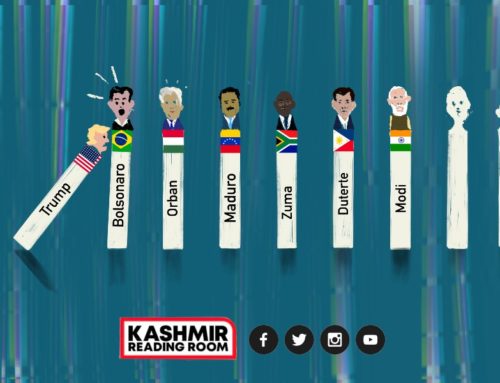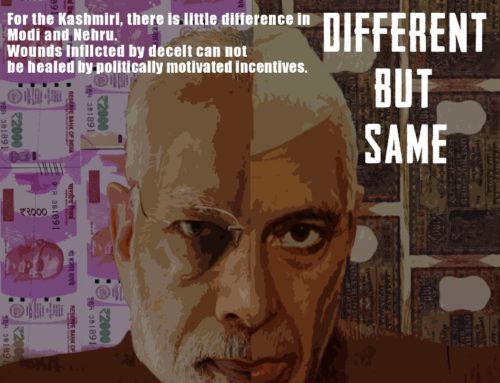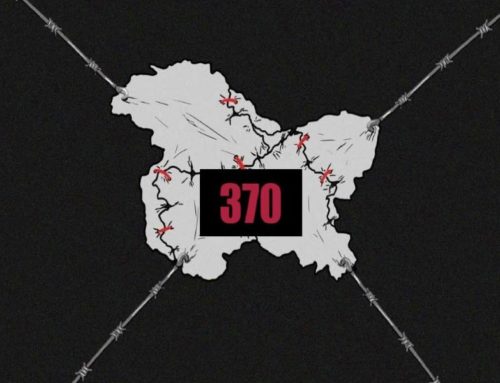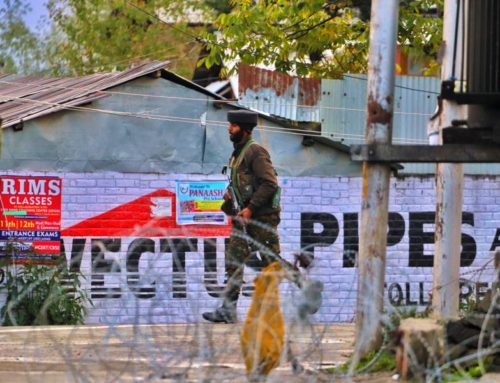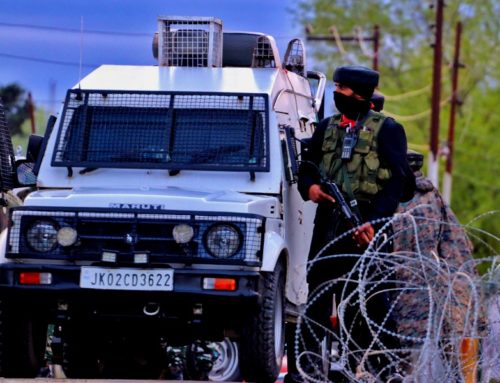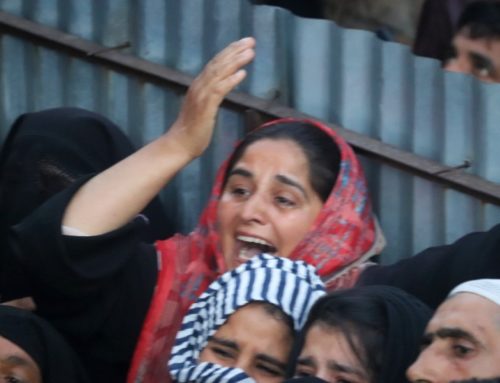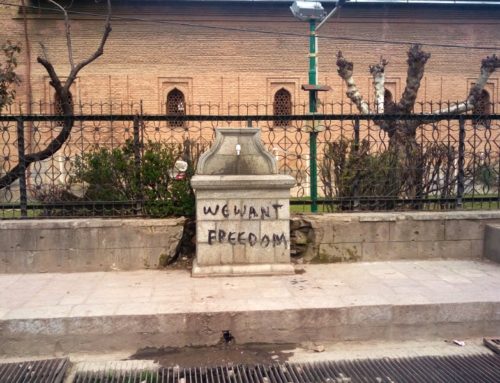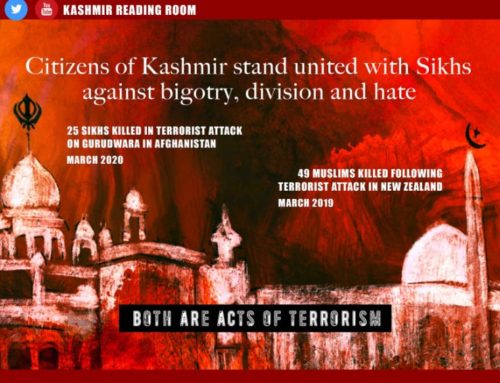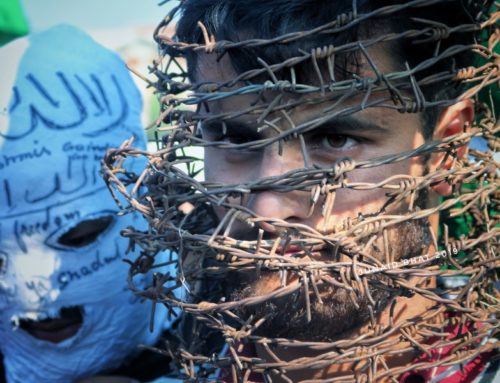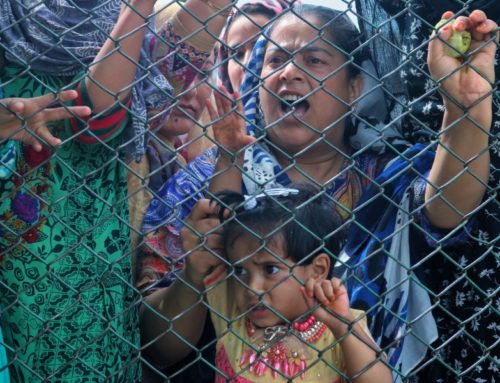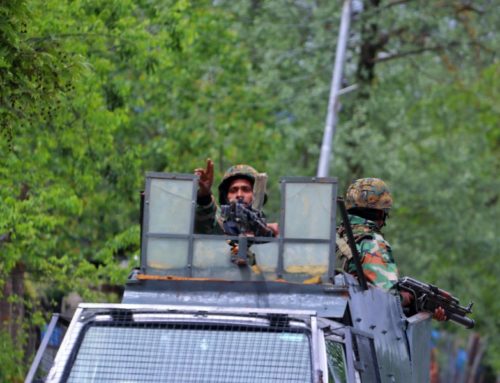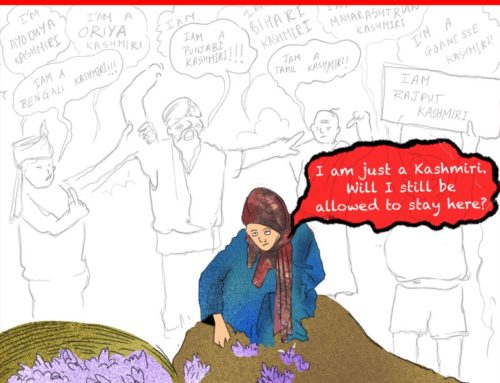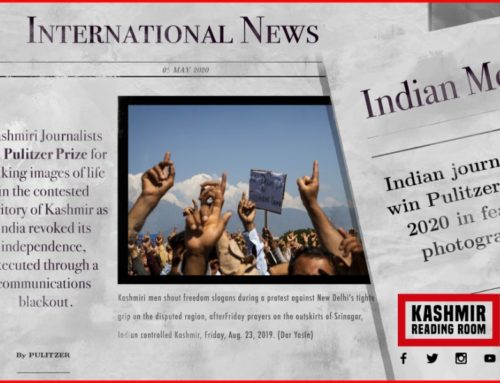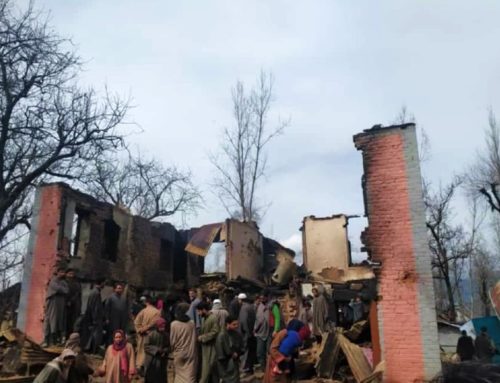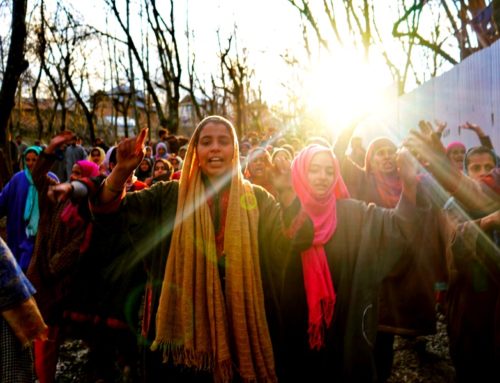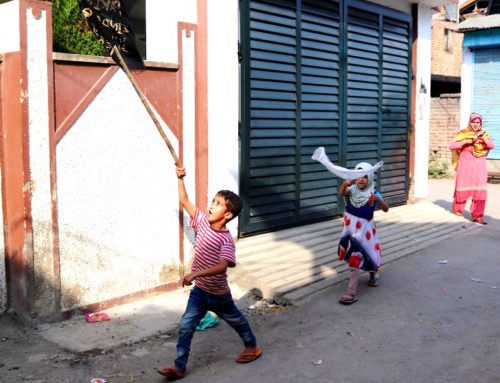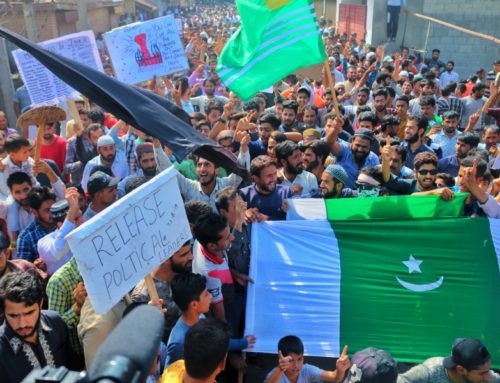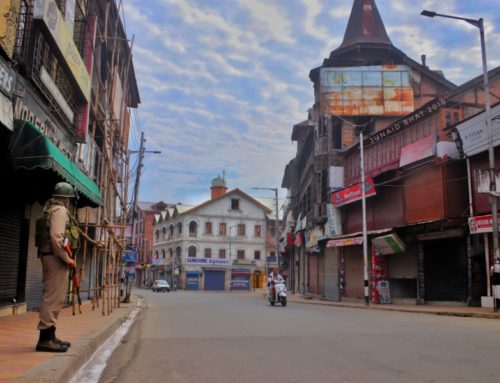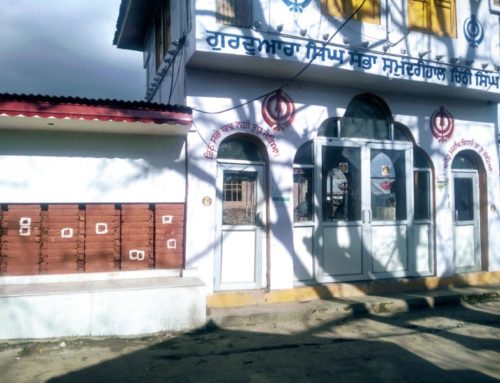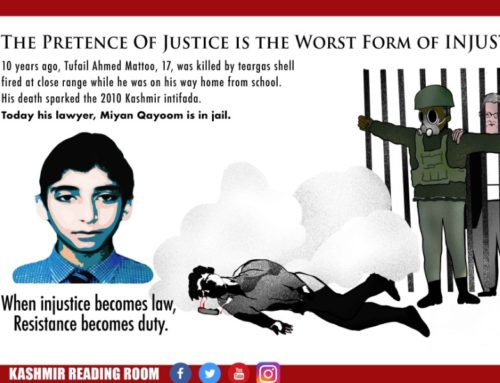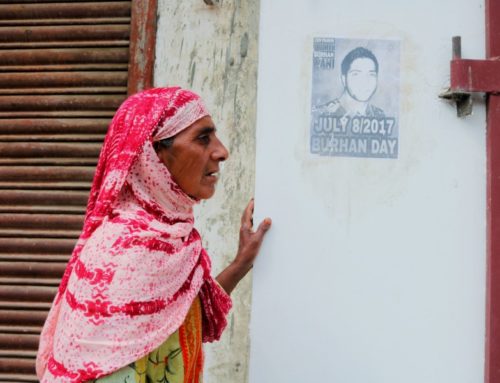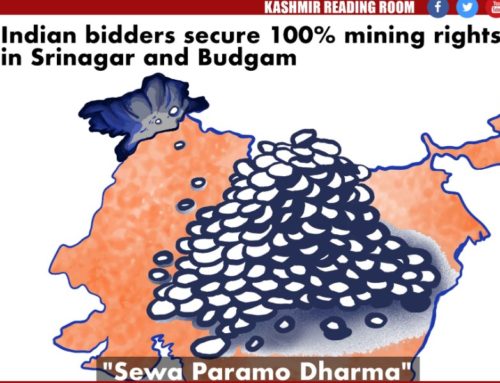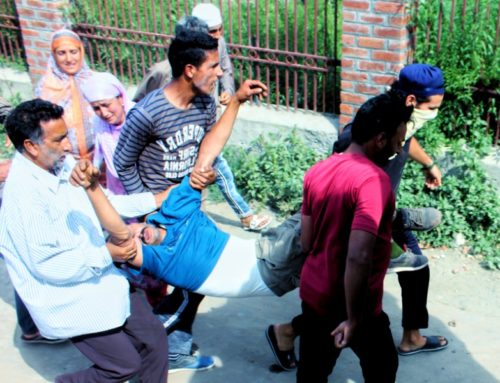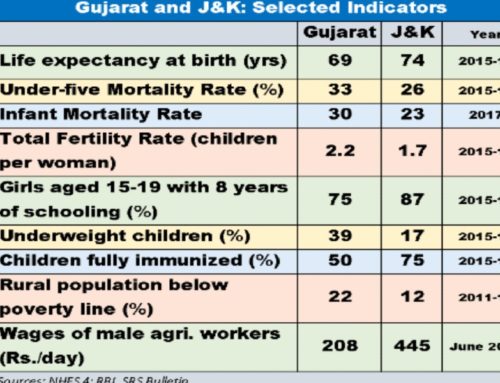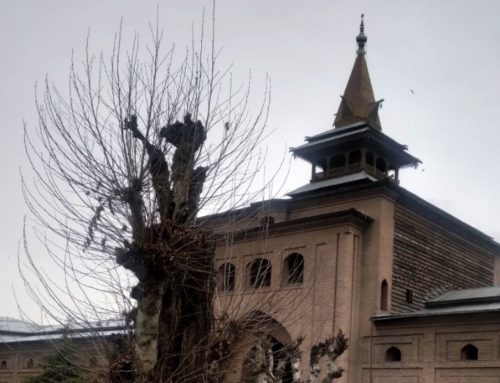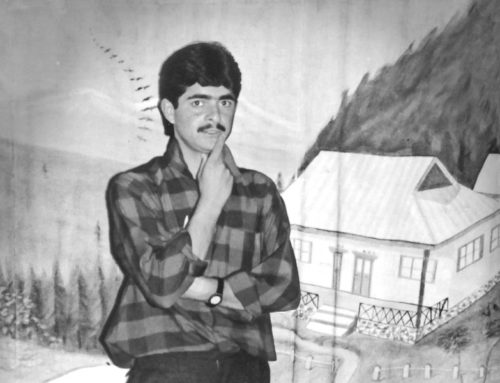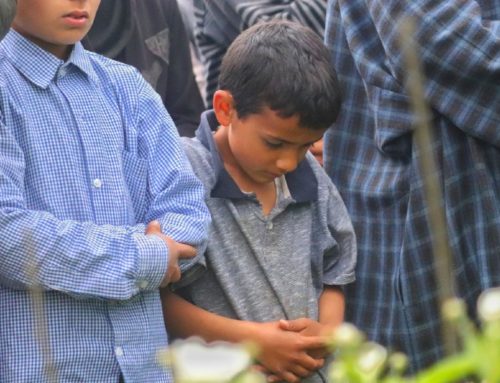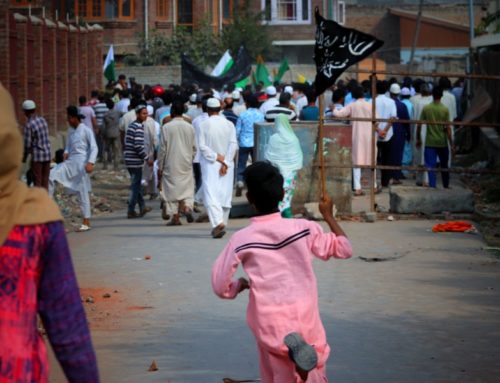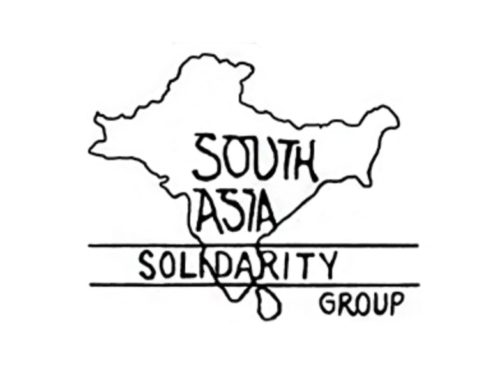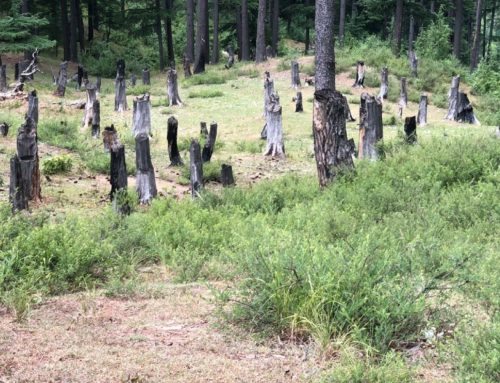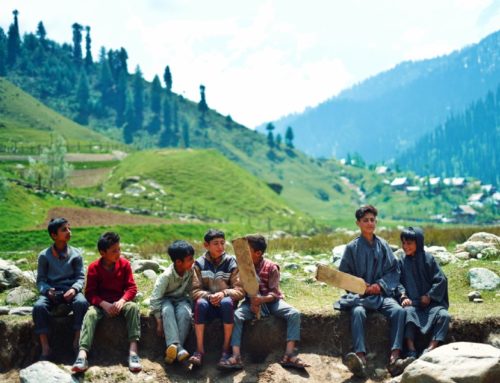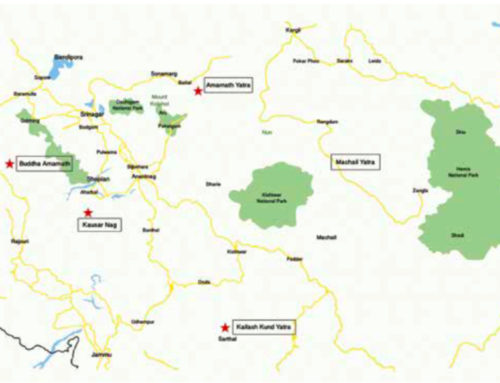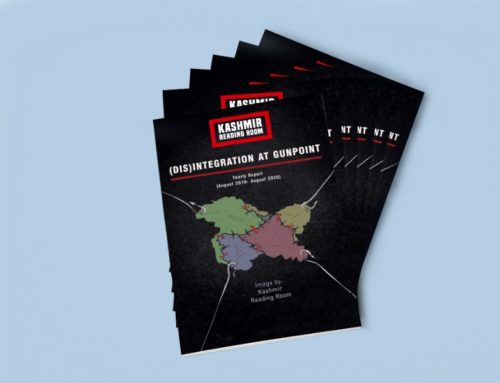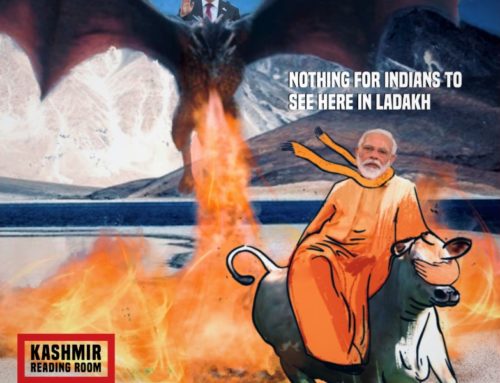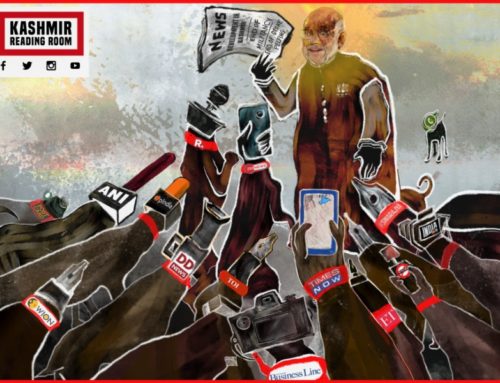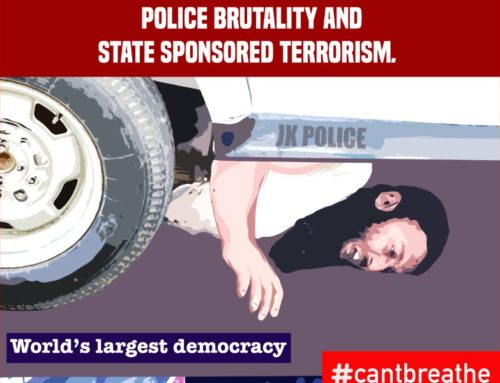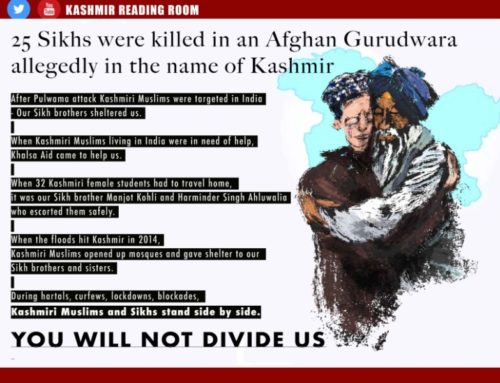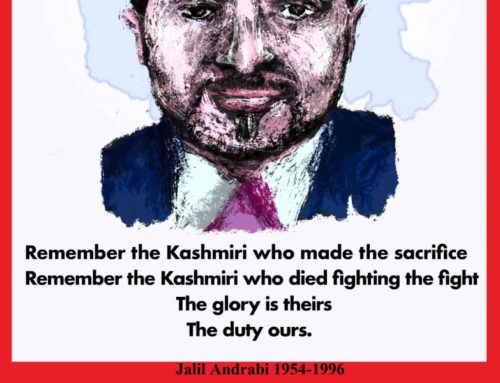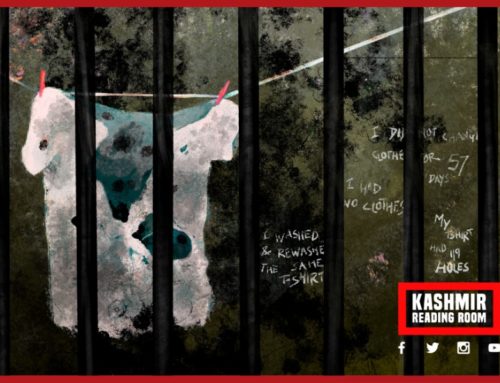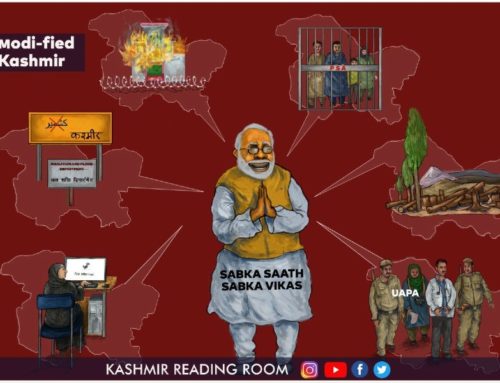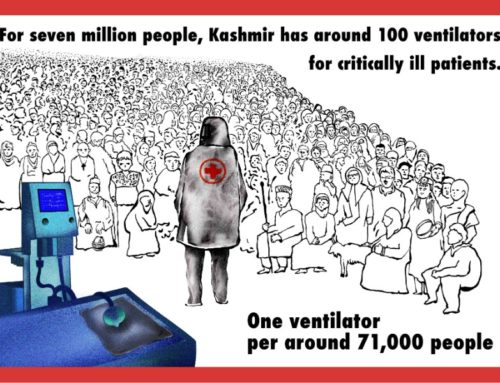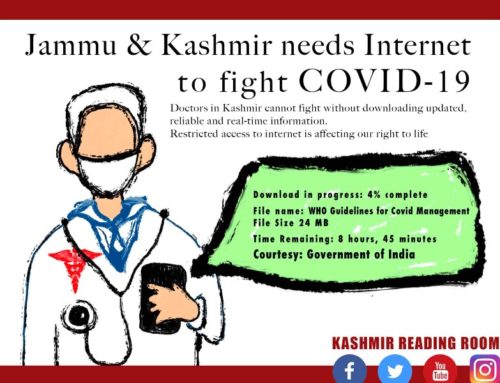The Stolen Childhood of Kashmiri Children
Have you ever wondered what a child dreams of after being tortured in an army camp in Kashmir? Have you ever wondered how the experience of seeing your 11 year old flesh burn can affect a child? Ahil was 11 years old when he was tortured in a camp in Nowhatta. He was stripped naked and electrocuted in a BSF camp where he saw people being brutalized, death chairs, throats being slit and bodies being mutilated. He was 11 years old. Kashmir Reading Room has created this rendition of a recurring nightmare that is all too real every day in Kashmir.
Between 2003 and 2017 alone, 136 children were killed in Kashmir of which 53 were killed in South Kashmir, 47 were killed in Central Kashmir and 62 were killed in North Kashmir. “It is an Indian variant of genocide,” said Annie Raja, the General Secretary of the National Federation of Indian Women while calling on India to release all Kashmiri children detained in Kashmir since August 5.
Indian armed forces routinely ignore procedural safeguards when persons are taken into custody. Although Indian law requires that everyone taken into custody must be produced within 24 hours before a magistrate, in fact, detainees are rarely produced at all.
The Indian People’s Tribunal describes the plight of Kashmiri children in these terms: “their memories of childhood consist of an atmosphere surcharged with fear, terror, constant violence, unrest and constant insecurity.” The scenario of minor rape victims is a phenomenon which has dramatically increased in the valley. Young and minor girls become particular targets of the Indian armed forces. Cases of vaginal tears, pelvic infection, excessive bleeding are increasingly reported. According to the Kashmir Bar Association, Srinagar, there are now 30,000 orphans within the age group of 1 to 14 years.
Relevant links for further reading:
- https://resourcecentre.savethechildren.net/node/2226/pdf/2226.pdf
- https://www.telegraph.co.uk/news/2019/09/25/young-boys-tortured-kashmir-clampdown-new-figures-show-13000/
- https://www.bbc.co.uk/news/av/world-asia-india-49772269/the-detained-children-of-kashmir
- https://www.aa.com.tr/en/asia-pacific/-torture-detention-of-children-adds-rage-in-kashmir-/1614269
- https://www.tandfonline.com/doi/abs/10.1080/24730580.2019.1703490
- https://www.trtworld.com/opinion/kashmir-s-children-are-being-brutalised-17207
- https://www.nytimes.com/2019/09/15/world/asia/kashmir-india-militants.html
- http://jkccs.net/terrorized-impact-violence-children-jammu-and-kashmir/
Disclaimer
The author(s) of every article and piece of content appearing within this website is/are solely responsible for the content thereof; all views, thoughts and opinions expressed in all content published on this site belong solely to the author of the article and shall not constitute or be deemed to constitute any representation by JKLPP, Kashmir Reading Room, the author's employer, organisation, committee or other group or individual, in that the text and information presented therein are correct or sufficient to support the conclusions reached.
